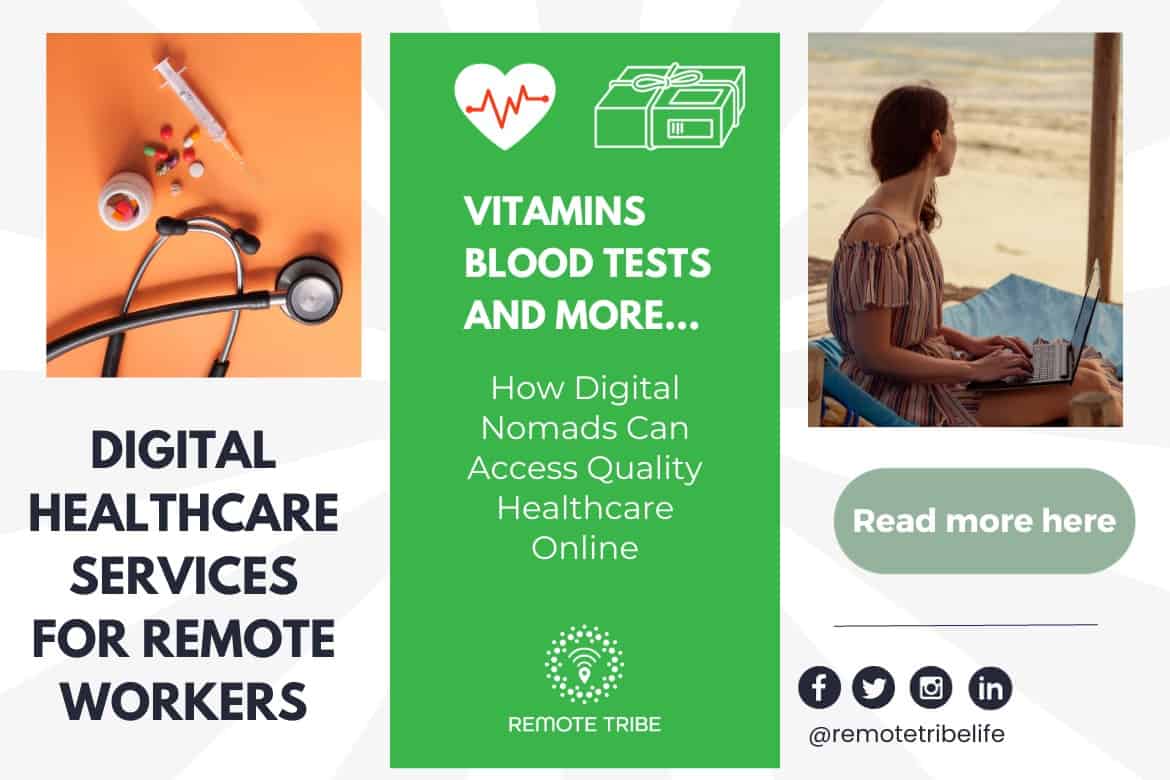Just How Subscription-Based Healthcare Is Changing the Medical Sector

The Rise of Subscription Healthcare
In the last few years, the health care market has seen a considerable shift towards subscription-based designs, showing broader consumer trends favoring ease and predictability. This transformation is driven by the increasing need for even more obtainable and tailored treatment services. Membership health care, in some cases referred to as attendant medication or direct health care, supplies individuals a fixed monthly cost for a variety of medical services, dramatically modifying standard fee-for-service models.
The surge of registration health care is facilitated by innovations in innovation, which allow streamlined interaction between individuals and carriers - subscription based healthcare. Digital platforms and telehealth solutions have ended up being indispensable, using patients the capacity to arrange consultations, gain access to clinical documents, and get assessments online. This technical integration not just enhances person engagement yet also enables service providers to supply much more reliable care
Additionally, the subscription design straightens with the developing assumptions of patients who look for even more control over their healthcare expenditures and experiences. By eliminating the unpredictability of co-pays and insurance policy cases, subscription-based healthcare uses a uncomplicated and clear approach. While this design is obtaining grip, its proliferation deals with obstacles such as governing hurdles and the requirement for wider approval within the standard healthcare community. Its expanding presence marks a critical moment in the development of health care distribution.
Advantages for Providers and patients
Subscription-based healthcare offers a multitude of advantages for both individuals and companies, reshaping the characteristics of healthcare. For people, this version supplies enhanced accessibility to health care services. With a foreseeable regular monthly fee, people can appreciate unrestricted assessments, reduced delay times, and personalized treatment. This plan often brings about a much more proactive technique to health monitoring, enabling prompt treatments that can avoid persistent conditions from escalating. The monetary openness of registration designs reduces the unpredictability linked with traditional fee-for-service payment, reducing the worry of unexpected medical expenditures.
For doctor, subscription-based versions foster a more lasting and enjoyable practice. By securing a consistent earnings stream, service providers can concentrate on providing high-grade treatment without the stress of volume-based solution. This design urges longer patient assessments, fostering more powerful patient-provider partnerships and improving health and wellness results. Furthermore, it supplies service providers the flexibility to innovate and incorporate holistic and preventive care practices. Management jobs are often structured, lowering above prices and permitting carriers to dedicate more time to patient interaction. Overall, subscription-based healthcare straightens the rewards of companies and clients, promoting an extra effective and patient-centered medical care shipment system.
Trick Functions of the Model
Frequently, the essential functions of the subscription-based medical care version highlight its distinct method to providing clinical solutions. Central to this model is the concept of predictable, regular monthly repayments, offering individuals a thorough range of services without the unpredictability of conventional fee-for-service structures. This design commonly includes unlimited access to main care solutions, preventative treatment, and regular exams, ensuring that clients can engage with their doctor proactively instead of reactively.
Furthermore, direct communication channels, such as telemedicine and messaging systems, are stressed, permitting patients to receive timely advice and consultations without needing in-person consultations. This boosts availability and comfort, especially for individuals with mobility restraints or those staying in remote areas. The model also cultivates more powerful doctor-patient relationships, as healthcare providers are incentivized to concentrate on long-lasting health and wellness outcomes instead than short-term gos to.
Moreover, subscription-based health care typically integrates technical developments, such as digital health and wellness records and wellness tracking applications, to supply customized and efficient treatment. Clients gain from collaborated and continuous treatment monitoring, which is tailored to their details health and wellness needs. Inevitably, these features collectively develop a patient-centered healthcare experience, prioritizing access, expense transparency, and preventative treatment.

Difficulties and Considerations
While the subscription-based health care model offers numerous advantages, it is not without click to read more its obstacles and considerations. One substantial obstacle is making sure equitable accessibility. Registration designs may accidentally favor those with greater socioeconomic condition, potentially widening variations in health care access for lower-income people who might have a hard time with monthly fees. This raises honest problems regarding inclusivity and equity in healthcare delivery.
One more obstacle exists in regulative compliance. Subscription-based health care must navigate an intricate internet of regulations that vary by region, including issues around person confidentiality, information security, and state licensing requirements. Making certain conformity without hindering the version's flexibility and technology can be daunting for service providers.
In addition, there is the threat of overutilization or underutilization of solutions. Clients paying a fixed cost might overuse services, causing increased functional costs, while others could underutilize as a result of fear of burdening the system, potentially neglecting essential treatment.
Future Prospects and Innovations
The landscape of subscription-based medical care is poised for improvement with emerging innovations and evolving leads. As modern technology remains to advance, the combination of expert system and machine learning presents significant opportunities to boost diagnostic precision and improve person administration. Anticipating analytics can reinvent preventative treatment by identifying potential wellness threats prior to they manifest, thereby lowering both expenses and the concern on healthcare systems.
Additionally, telemedicine is set to broaden within subscription versions, offering people boosted access to healthcare specialists despite geographical restraints. This not just assists in connection of care however also equips clients to involve more proactively in their health administration. In addition, blockchain technology offers prospective in securing person information and guaranteeing interoperability throughout platforms, cultivating depend on and openness.
The growth of individualized medicine is another frontier, with registration models offering an one-of-a-kind framework for providing customized wellness remedies. Genetic screening and personalized therapy strategies can be effortlessly integrated, straightening patient requires with certain medical treatments. Moreover, collaborations between technology business and doctor are likely to generate innovative remedies, enhancing patient experiences and end results. As these prospects materialize, subscription-based healthcare has the potential to redefine exactly how care is provided and accessed.
Final Thought
Subscription-based healthcare is transforming the medical go right here market by providing an extra easily accessible, foreseeable, and patient-centered approach to medical services. Despite challenges such as regulative obstacles and potential variations in access, the subscription version holds guarantee for a more effective and tailored healthcare experience.
Subscription health care, in some cases referred to as concierge medication or straight main care, offers people a fixed regular monthly fee for an array of clinical solutions, substantially modifying typical fee-for-service models.
Moreover, the registration version aligns with the evolving assumptions of patients that look for even more control over their medical care expenses and experiences. For individuals, this version supplies enhanced access to healthcare solutions. Overall, subscription-based health care straightens the motivations of try this website suppliers and clients, advertising a much more patient-centered and effective healthcare delivery system.
Additionally, telemedicine is set to increase within subscription versions, offering individuals boosted access to health care specialists no matter of geographical restraints. - subscription based healthcare